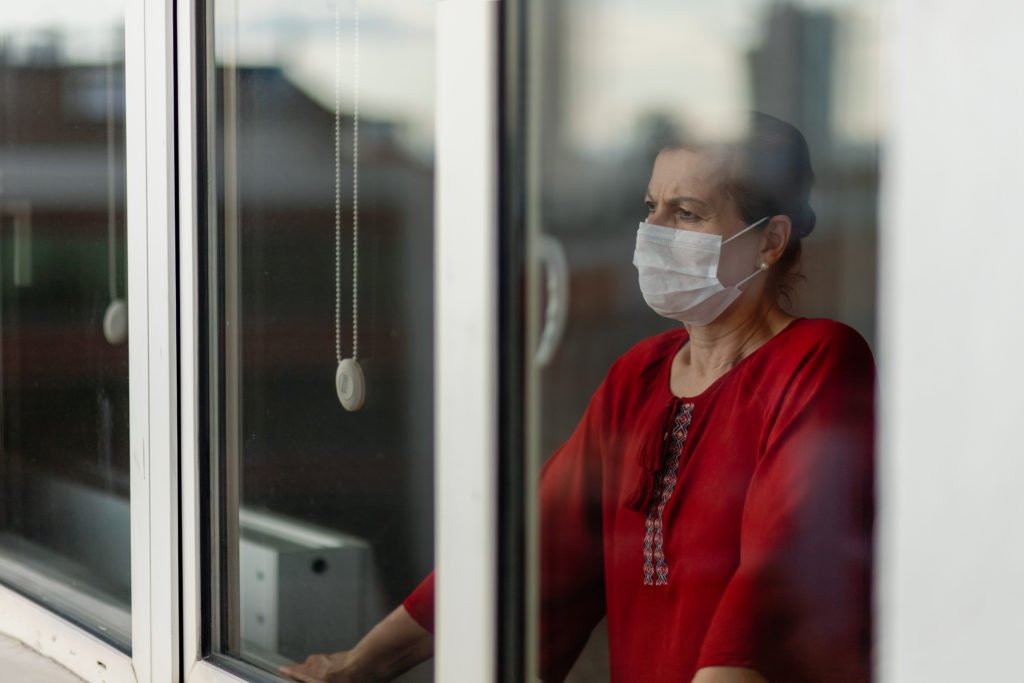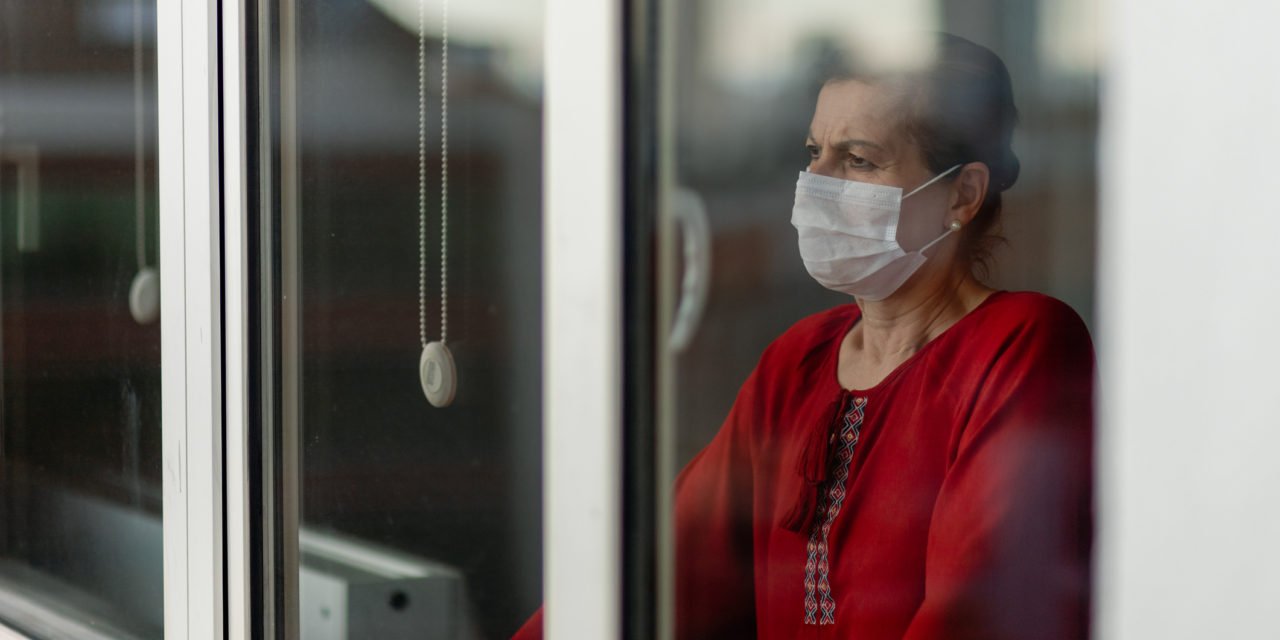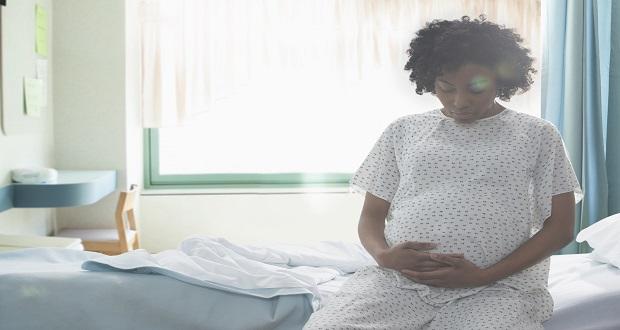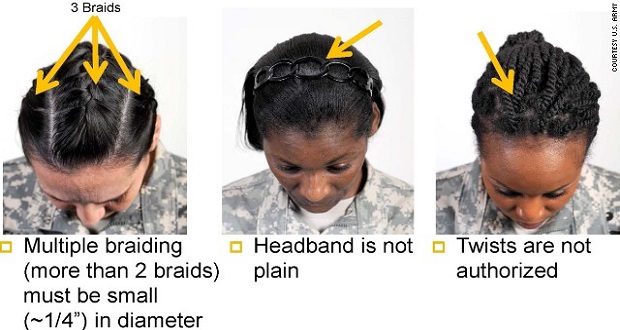
“Mrs. Williams, your COVID test was positive.”
It seemed like time stopped when the representative from the local health department called and said those words. How can this be? It was May, and in the small Kansas town I live in, no one I knew had COVID. I went from knowing no one with COVID, to being diagnosed with it.
Every day was a fight to stay positive. Not an easy task when the media reported soaring numbers, hospitalizations and the country’s death count.
Looking back, there is much to be thankful for, namely that I was not hospitalized. My faith was my foundation, and I drew strength from it.
But there was also much I did not anticipate.
While one may be symptom free after a 14-day quarantine (more or less), I didn’t realize the toll COVID would take on my mental health. As an extrovert, the isolation from family and friends was a huge adjustment. Some folks may not recognize that mental health falls under the umbrella of Diversity work, but it does; we should always try to mindful of the mental health challenges that others face. The U.S. Department of Health & Human Services offers an array of resources, tips and advice about coping with stress, mixed emotions and grief in the COVID-19 pandemic.
While one may be symptom free after a 14-day quarantine, I didn’t realize the toll COVID would take on my mental health. As an extrovert, the isolation from family and friends was a huge adjustment. Share on XWhile my physical symptoms lasted a month, I was down an additional month with depression and anxiety. These symptoms seemed to increase when doctors would inform me, “I wish we could tell you more, but it’s changing every day. This is new to us, too.” I’d be left wondering: Would I get worse? Will people want to be around me after this? Even after I’m released from the doctor’s care, is it safe for me to be around my 94-year-old grandmother?
A study released Oct. 5, 2020, by the World Health Organization (WHO) addresses the impact of disruption on mental health services and what countries are doing to overcome these challenges. “Community-based services and mental health prevention and promotion programmes, already limited in availability, are reported to be disrupted at a time when society needs them the most due to the adverse mental health impacts of COVID-19.”
I learned a lot about myself in the two months that I was down with COVID and the aftereffects. I learned that I’m stronger than I thought and that isolation is the perfect time for self-introspection. I also realized that mental health is an area that I not only wanted to know more about personally but wanted to equip myself with tools to help others. COVID prompted me to return to school, and I’m pursuing my Master’s in Social Work.
I learned a lot about myself in the two months that I was down with COVID and the aftereffects. I realized that mental health is an area that I not only wanted to know more about personally, I also wanted to equip myself with tools… Share on XThis beacon of positivity in the midst of a storm is what I liken to Post-Traumatic Growth. In “Post-Traumatic Growth: What Doesn’t Kill You Can Make You Stronger” published in May 2020 by Everydayhealth.com, Abby Elin identifies that a pandemic crisis of this magnitude forces people to explore parts of ourselves that have been dormant, or to discover new areas we never knew existed. “This pandemic has thrown us into an existential crisis, it has put much of what we have believed into question,” says Dr. Heidi Horsley, PsyD. “We are living in traumatic times, and trauma can also bring about growth.”
I returned to work on my college campus waving the mental health banner tall and strong. Several folks in our county and on campus have since been diagnosed; many have survived, some have not. I have seen some folks experience stigma when admitting they’ve had COVID. I now see myself as an ambassador of sorts. I’m not an expert, but sometimes people need a listening ear from someone who has been in the trenches. I desire to be a resource for others who have had COVID, and I share my experience often. Like many mental health challenges, COVID is something that happens to us, not something we choose. Yet there is good that can come from it, if we choose to see it.
For me, that good has been to make it my mission, especially during the pandemic and civil unrest, to keep the importance of mental health at the forefront of my work in Diversity, Equity and Inclusion.



















